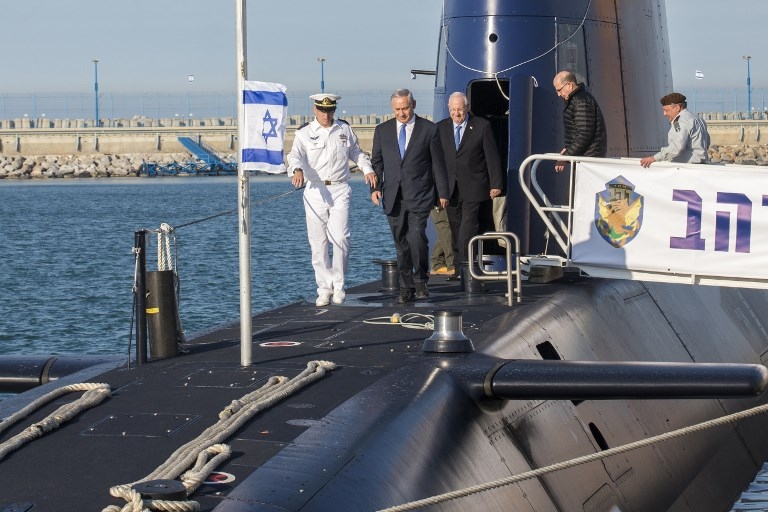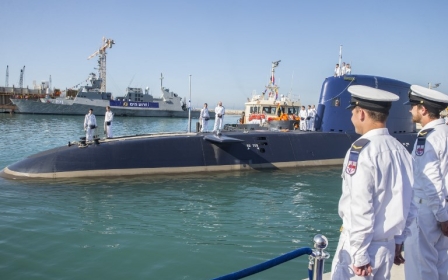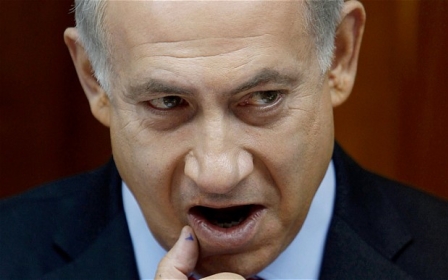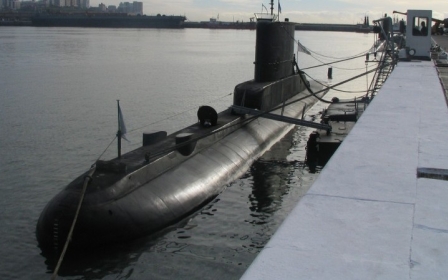Israeli police question six in submarine corruption probe

Israeli police said they detained six people on Sunday for questioning over suspected corruption in a deal to buy three submarines for Israel's navy from Germany's ThyssenKrupp.
Among those arrested were David Sharan, a former chief of the office of Prime Minister Benjamin Netanyahu, and ex-navy commander Admiral Eliezer Marom, who had already been questioned by investigators.
Police said the suspects were detained on suspicion of "economic and integrity offences". Searches were carried out at the homes of the suspects, media reports said.
In July, Thyssenkrupp issued a statement saying it had found no evidence of corruption in its handling of the $2bn contract to sell submarines and naval patrol craft to Israel, Deutsche Welle reported. The company at the time added that the investigation results were "provisional".
Germany then delayed signing the deal with Israel for the sale of the submarines, an Israeli official said, as the corruption probe gained momentum.
That followed the arrest of several people on suspicion of offences including bribery and money laundering around the deal to buy the Dolphin submarines from the German industrial giant.
David Shimron, a relative of Netanyahu and his family lawyer who also represented ThyssenKrupp in Israel, was among those questioned and then released in July.
The scandal has also touched Avriel Bar-Yosef, a former deputy head of the National Security Council and Eliezer Marom, the former commander of the Israeli navy, Deutsche Welle reported. The pair, along with Shimron, have denied any wrongdoing.
Israeli officials said Germany had not backed out of the deal but was waiting to see the outcome of the investigation, daily newspaper Yediot Aharonot reported.
In February, Israel's justice ministry said it had launched an investigation into the affair, stressing that Netanyahu himself was not a suspect.
Media reports said Sunday's arrests follow revelations by ThyssenKrupp's Israel representative Michael Ganor.
He was held in custody and in a plea bargain agreed to testify against those he claimed were his accomplices.
The submarines ordered by Israel are likely to be equipped with nuclear missiles but are primarily intended for spy missions off Iran or to attack that country in case of nuclear war, according to foreign military experts.
New MEE newsletter: Jerusalem Dispatch
Sign up to get the latest insights and analysis on Israel-Palestine, alongside Turkey Unpacked and other MEE newsletters
Middle East Eye delivers independent and unrivalled coverage and analysis of the Middle East, North Africa and beyond. To learn more about republishing this content and the associated fees, please fill out this form. More about MEE can be found here.




